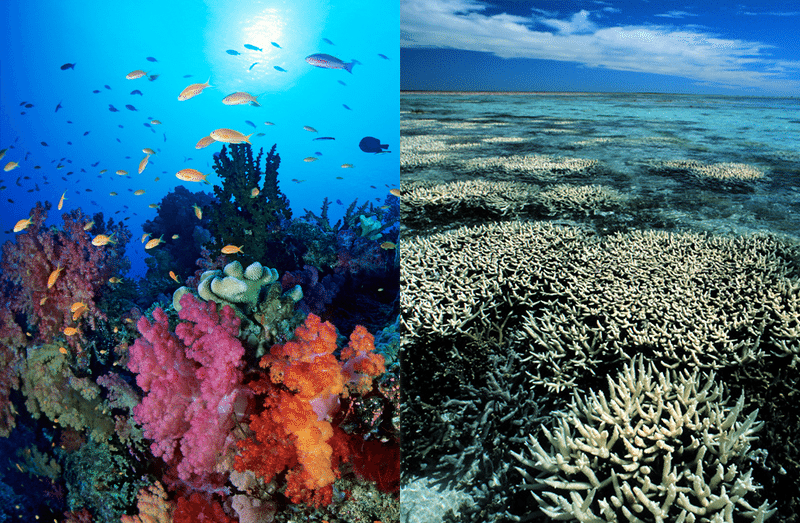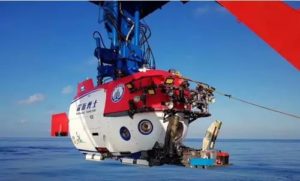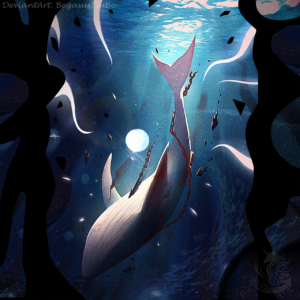A critical article I found in the New York Times is “A crash course on climate change, 50 years after the first Earth Day”. The author discusses that the world is warming dangerously, and human beings are the cause of this problem. Today’s inaction will have a profound impact on the future of the earth.
Reporters at the Times’s Climate desk answered a series of big questions:
How serious is climate change now? How can we stop fossil fuel emissions? Is my job important…
And for why I think it’s an op-ed, it is because the author expresses his opinions clearly and persuasively in these columns, which may affect millions of people, swing their minds, change their minds, and even change public policy. The author used some ways of Q & A to attract the audience and increase their sense of substitution. The author uses detailed logic and evidence to prove his point of view on each subdivided question, and the author will answer the question directly and throw out his point of view.
Link: https://www.nytimes.com/interactive/2020/04/19/climate/climate-crash-course-4.html


